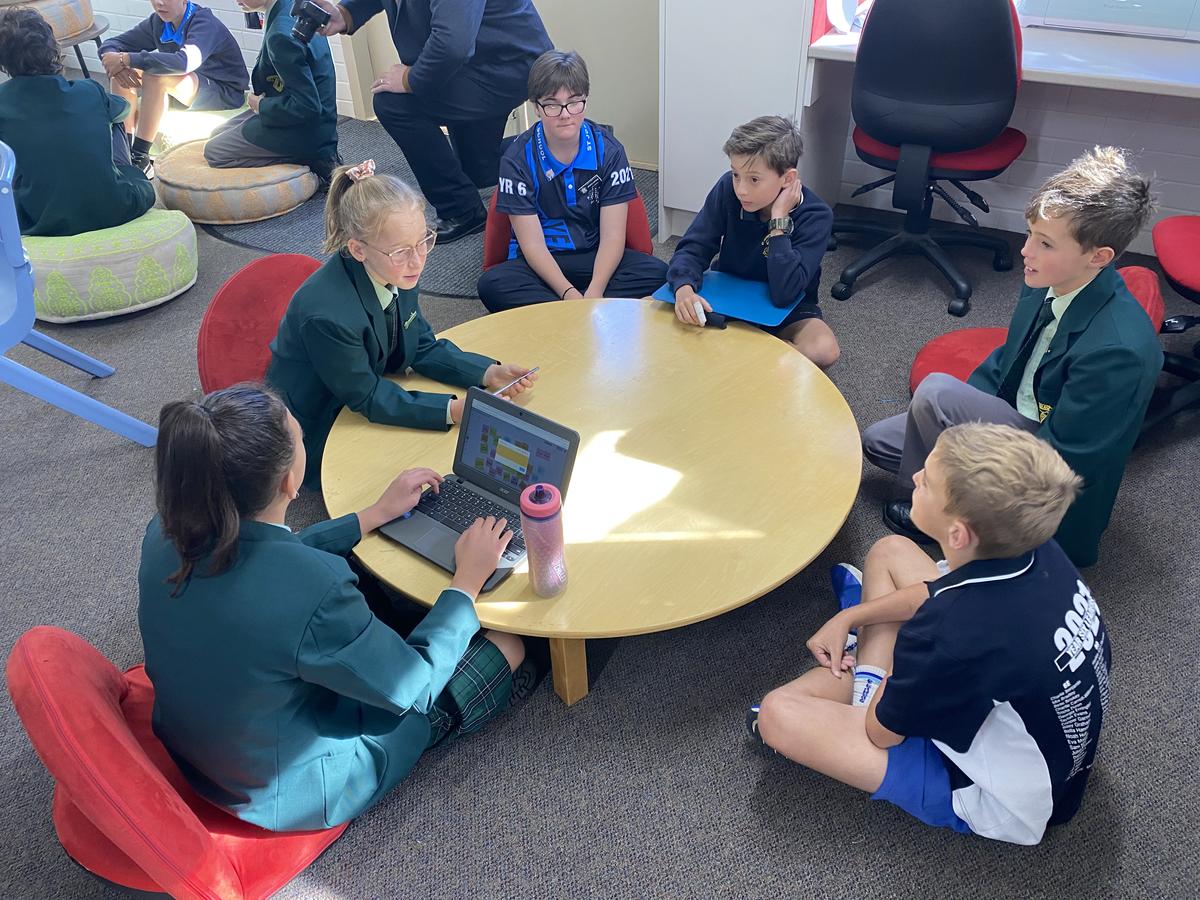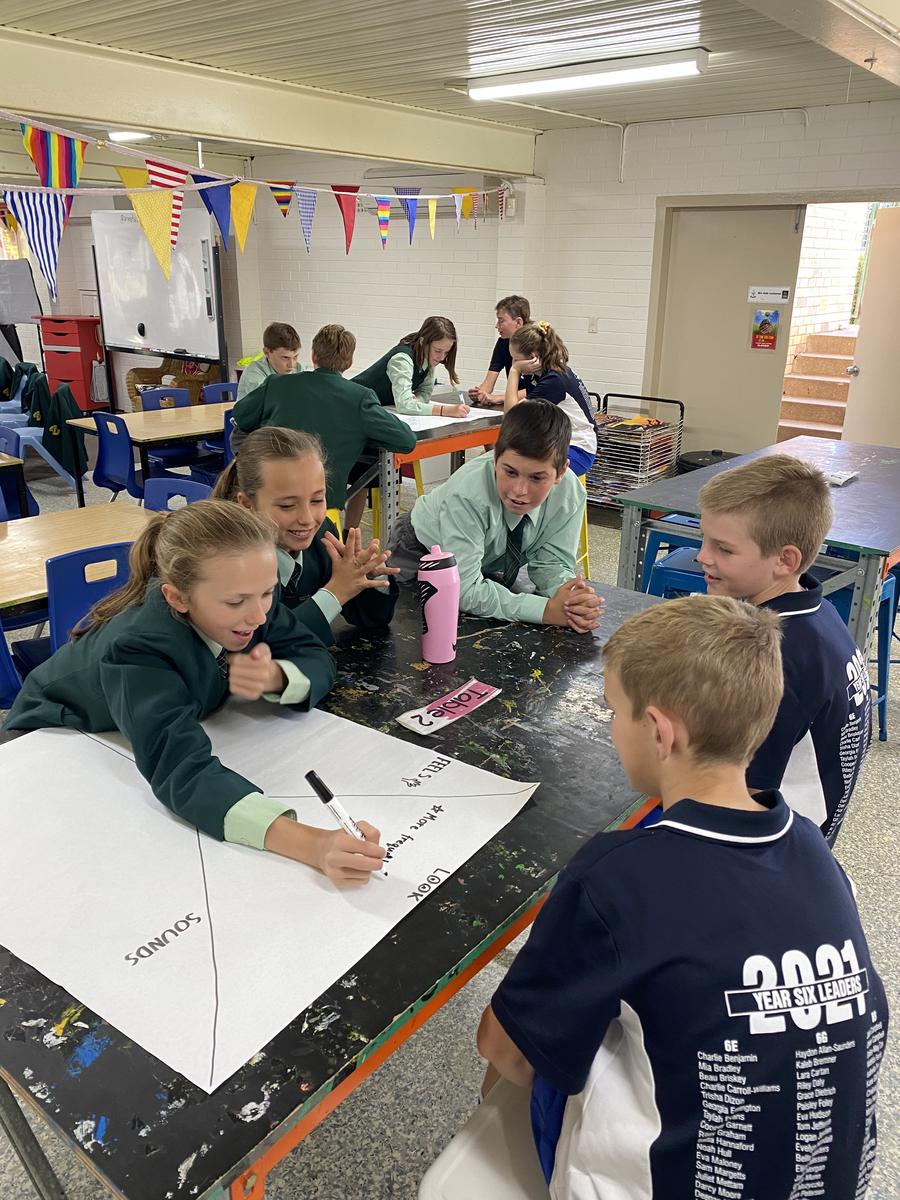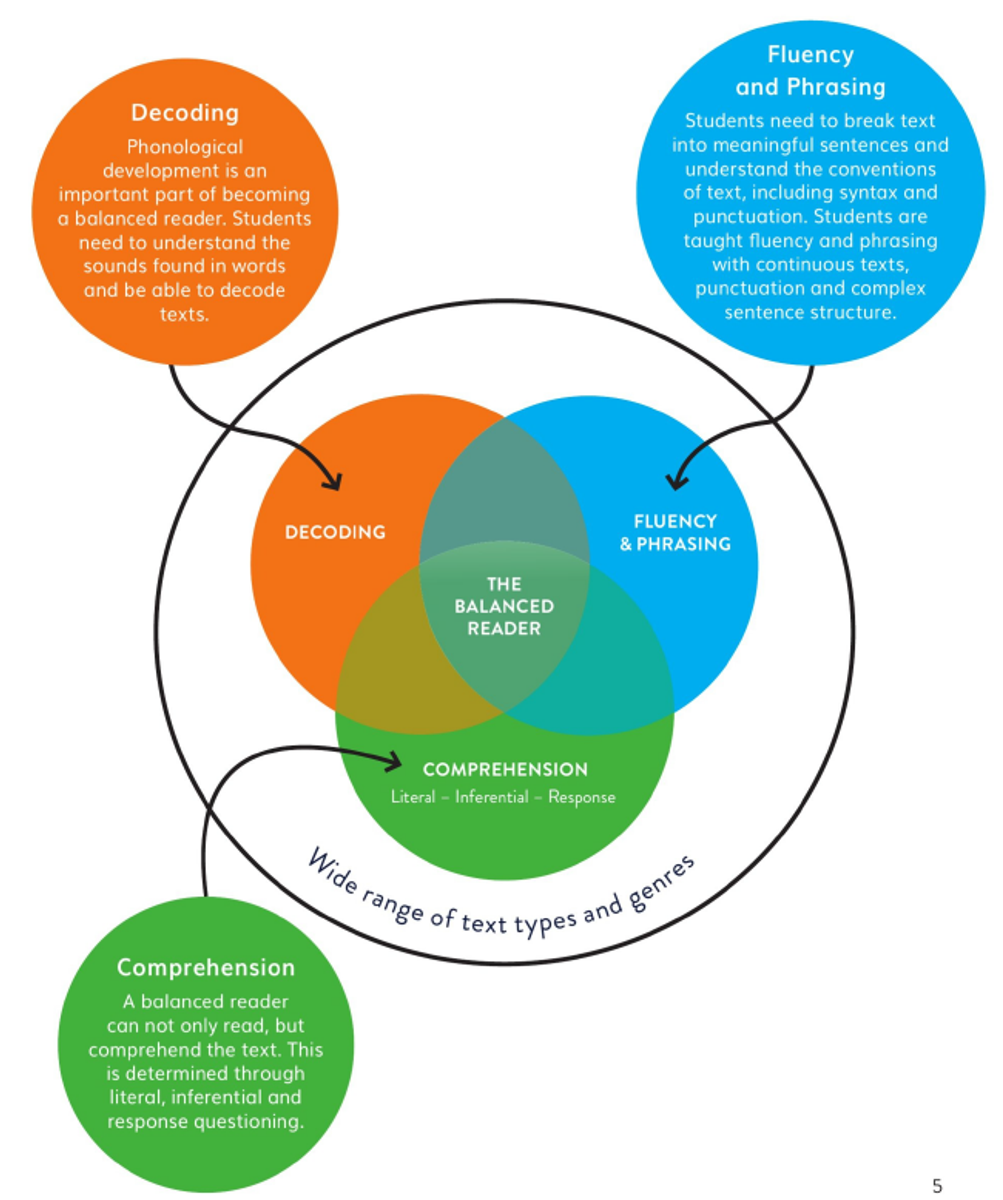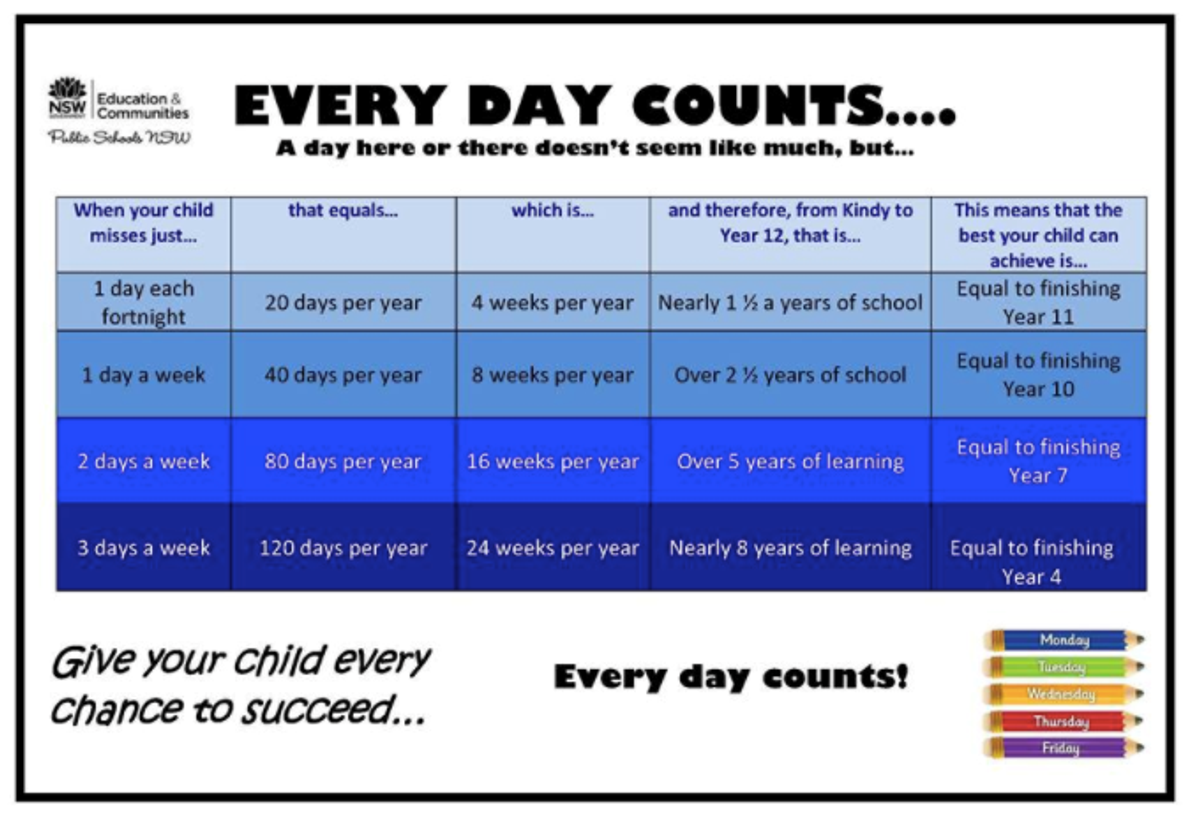Assistant Principals' Note
Alison Hatton and Peter Flynn

Assistant Principals' Note
Alison Hatton and Peter Flynn
Last Friday St Edward's hosted the first Tamworth Catholic Primary School's Leadership lunch and meeting. The purpose of this meeting was for the student leaders from St Edward's, St Joseph's and St Nicholas' School to come together to discuss leadership and student voice initiatives happening in our schools, to share ideas for leadership opportunities within our schools and as leaders what does having a voice in our schools look, feel and sound like.
It was impressive to see how engaged and knowledgeable the students were when discussing leadership and the importance of student voice in key decision making within our school.






The Learning Dashes Project aims to deliver intensive 1:1 reading instruction on a daily basis for a period of up to five weeks. During this time, children engaged in the program will have the opportunity to enhance their skills as a balanced reader which will ultimately lead to intensive growth with reading.
Reading includes a variety of skills including de-coding, fluency and phrasing and comprehension. All aspects of being a balanced reader must be evidenced across a wide variety of text types.


Congratulations to our team of Year 1 students below who have made some very pleasing growth in reading.


Regular attendance at school is essential if students are to maximise their potential. Schools, in partnership with parents, are responsible for promoting the regular attendance of students. While parents are legally responsible for the regular attendance of their children, school staff, as a part of their duty of care, will provide support and monitor part or whole day absences.
Children are expected to attend all school activities, on time.
Regular attendance:
# helps your child develop the skills needed to access the world of work and other opportunities.
# helps your child to learn the importance of punctuality and routine.
# ensures your child can make and keep friendships.
If your child has to be absent from school, you must tell the school and provide a reason for your child’s absence. To explain an absence parents and carers may:
A small number of absences may be accepted by the Principal. For example, if your child has to:
Principals help to ensure the safety, welfare and wellbeing of your child. Principals have to keep accurate records of student attendance and the reasons for any absences.
Principals are responsible for accepting or not accepting a parent’s explanations for their child’s absences. Principals can request medical certificates or other documentation for long or frequent absences, even where they are explained by parents as being due to illness.
When absences are unexplained by parents, or the explanations are not accepted by the Principal, schools work together with parents to help address the issue. The main aim is to sort out what is preventing the child from getting to school and putting strategies in place to help. Sometimes, the school will ask regional support staff and other agencies to assist.
It is important to understand that the Catholic Schools Office may take further action where children of compulsory school age have recurring numbers of unexplained or unacceptable absences from school. Some of the following actions may be undertaken.
Parents (and sometimes their child) can be asked to go to a meeting with school personnel and other diocesan staff. The aim of the meeting is to help identify strategies to support the child and family. Other agencies may also be asked along to help.
If the school and other diocesan staff have tried to help improve a child’s attendance, without success, parents (and sometimes their child) can be asked to go to a compulsory attendance conference. The conference will be run by a trained conference convenor. The aim of the conference is for the school, parents (and sometimes their child) and other identified agencies (“the parties”) to further identify the issues which are impacting on a child’s attendance.
The outcome of a compulsory attendance conference is for the parties to agree to certain actions to improve the child’s attendance. These actions are written in the form of undertakings.
Legal compliance can be sought through an application to the Children’s Court for a Compulsory Schooling Order. The aim is to assist a family and/or child to address the issues which are preventing satisfactory school attendance but has the added force of a Court’s powers.
If all attempts by schools and regional support staff fail to improve a student’s attendance, action can be taken in the Local Court and the result can be fines up to a maximum of $11,000.
(CSO Policy and Procedure for Student Attendance)


Please note that we have recently updated the link on the school calendar page. Please take the time to click on this link so you are able to see all the upcoming and important dates.
Have a great week,
Alison Hatton and Pete Flynn